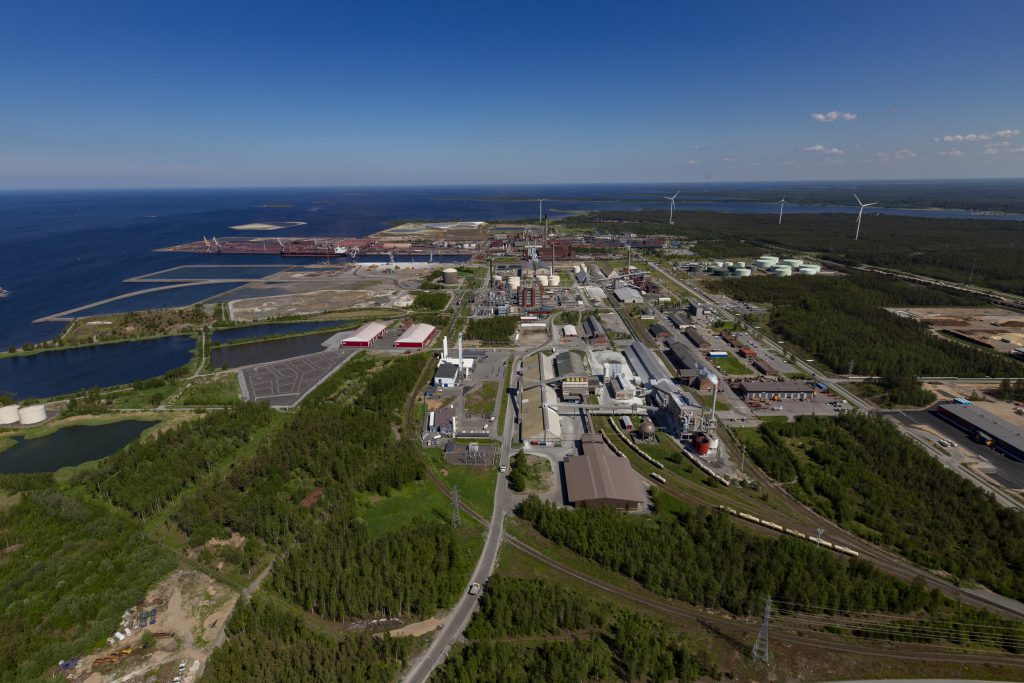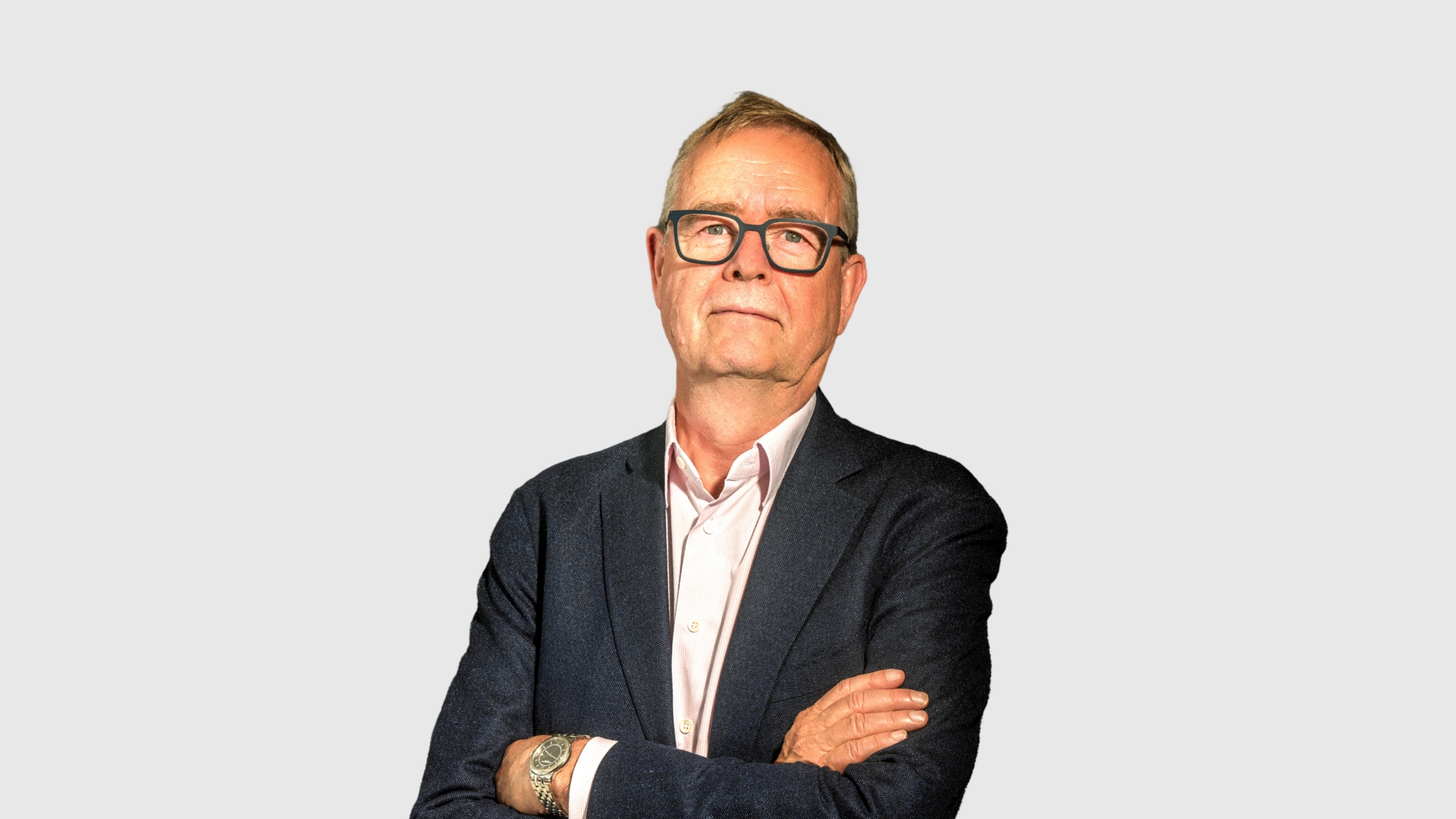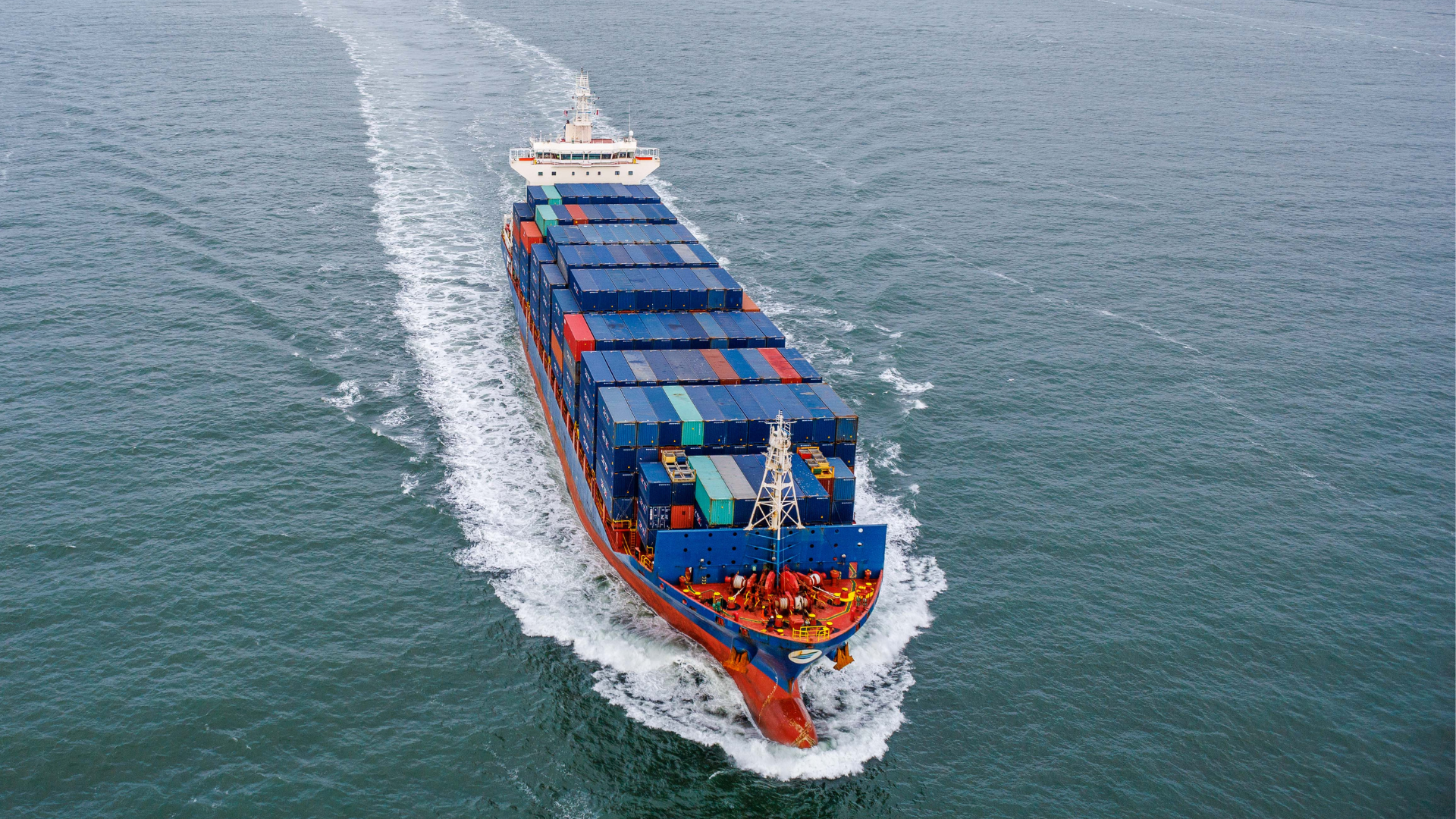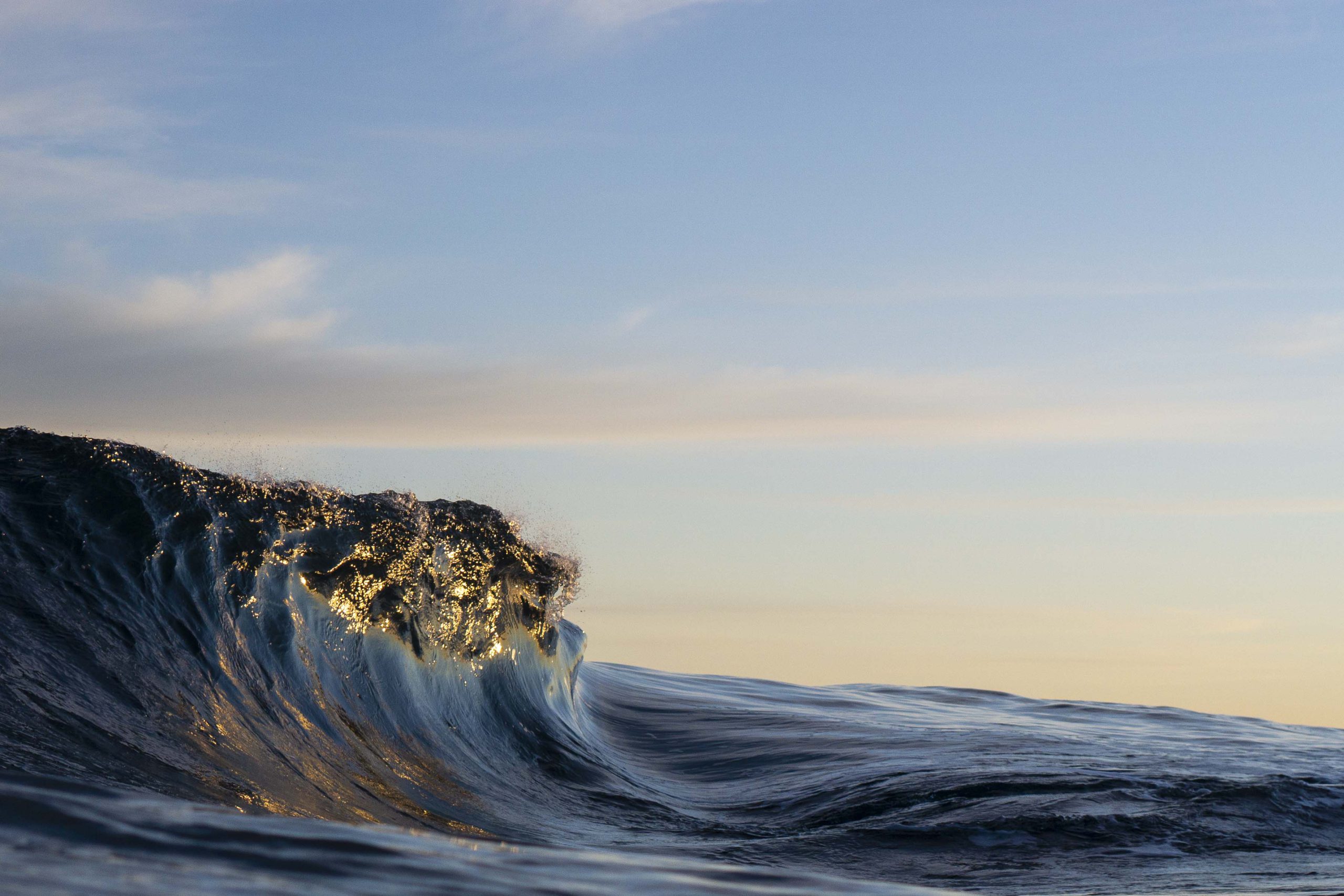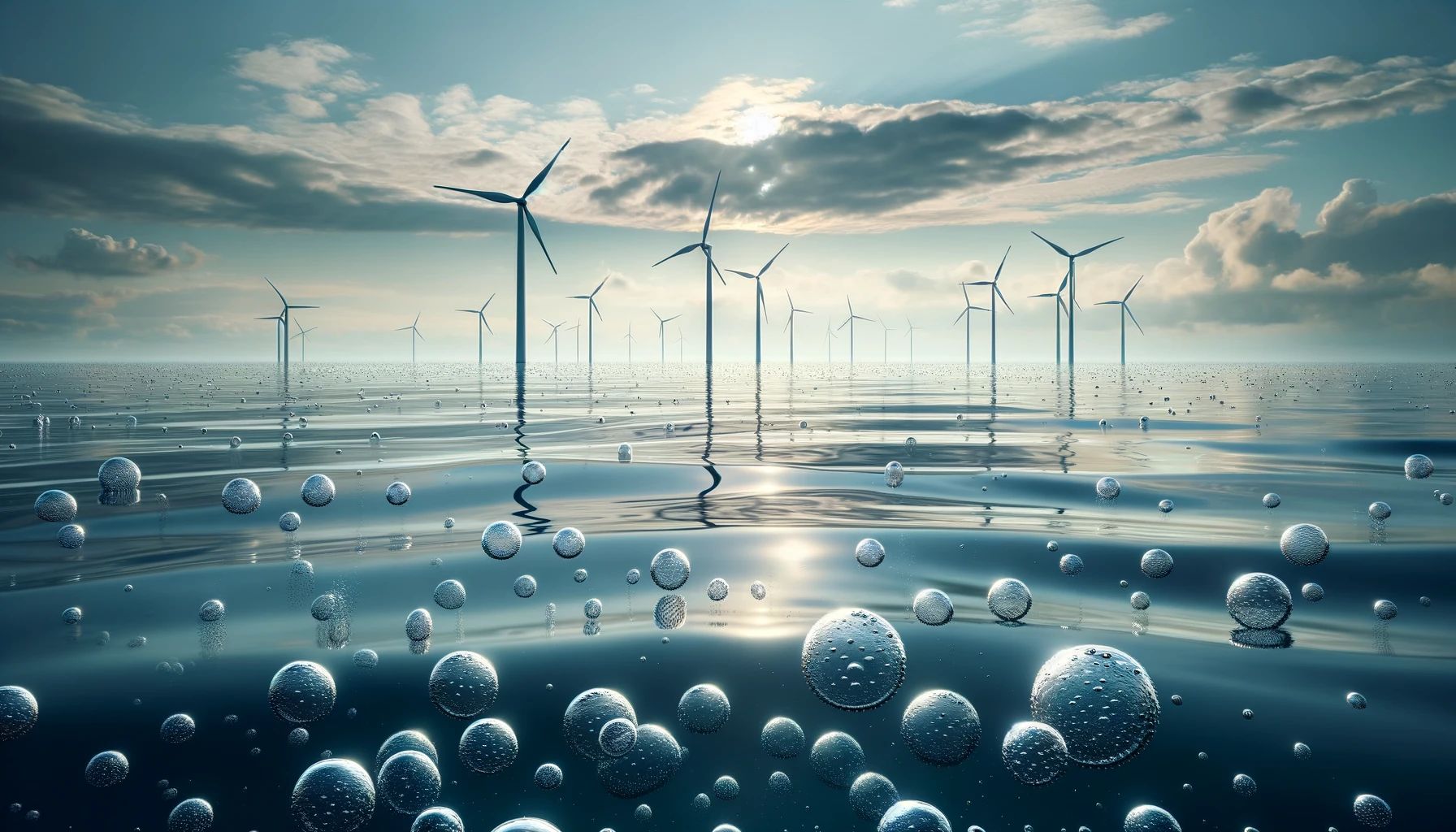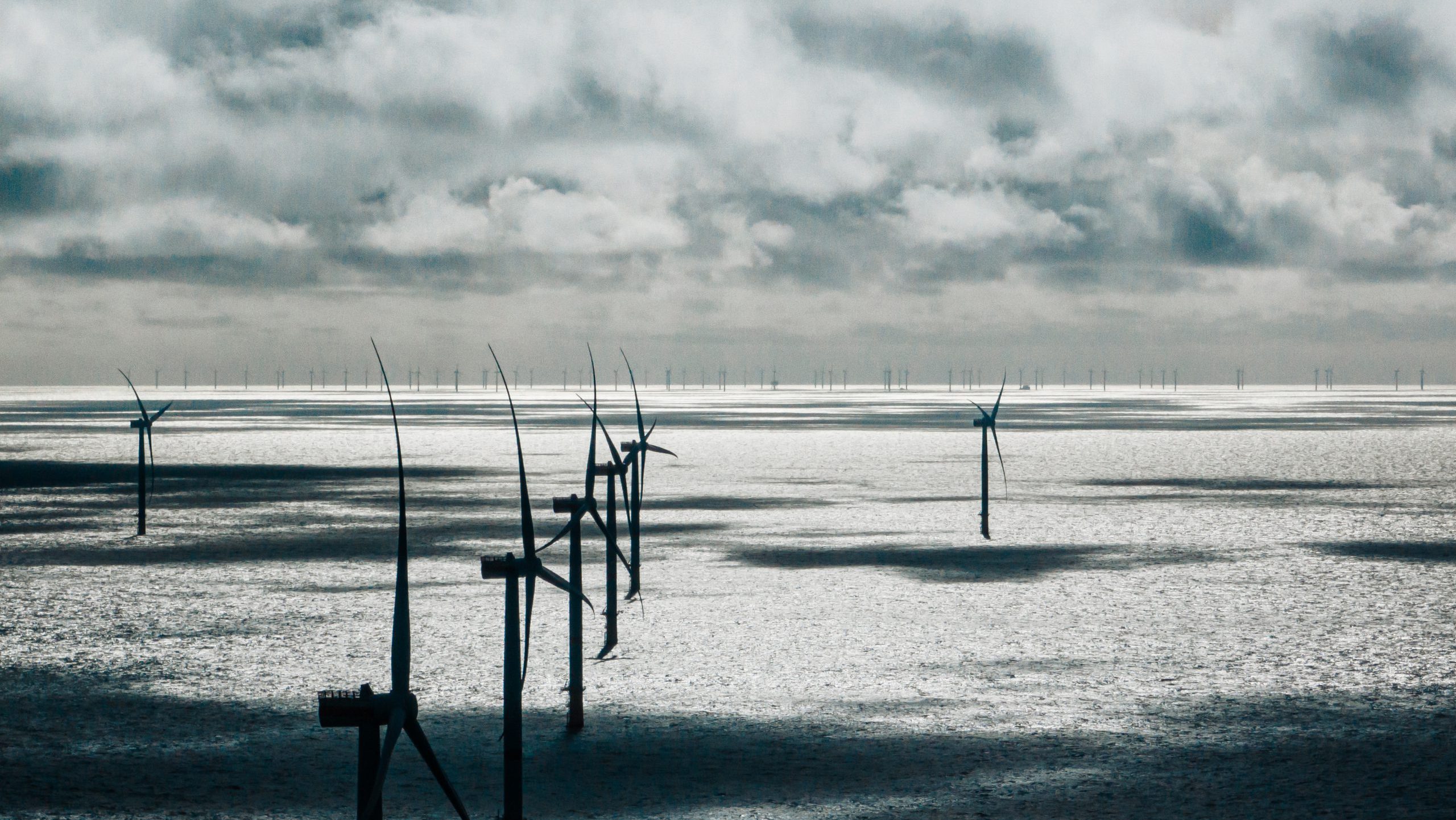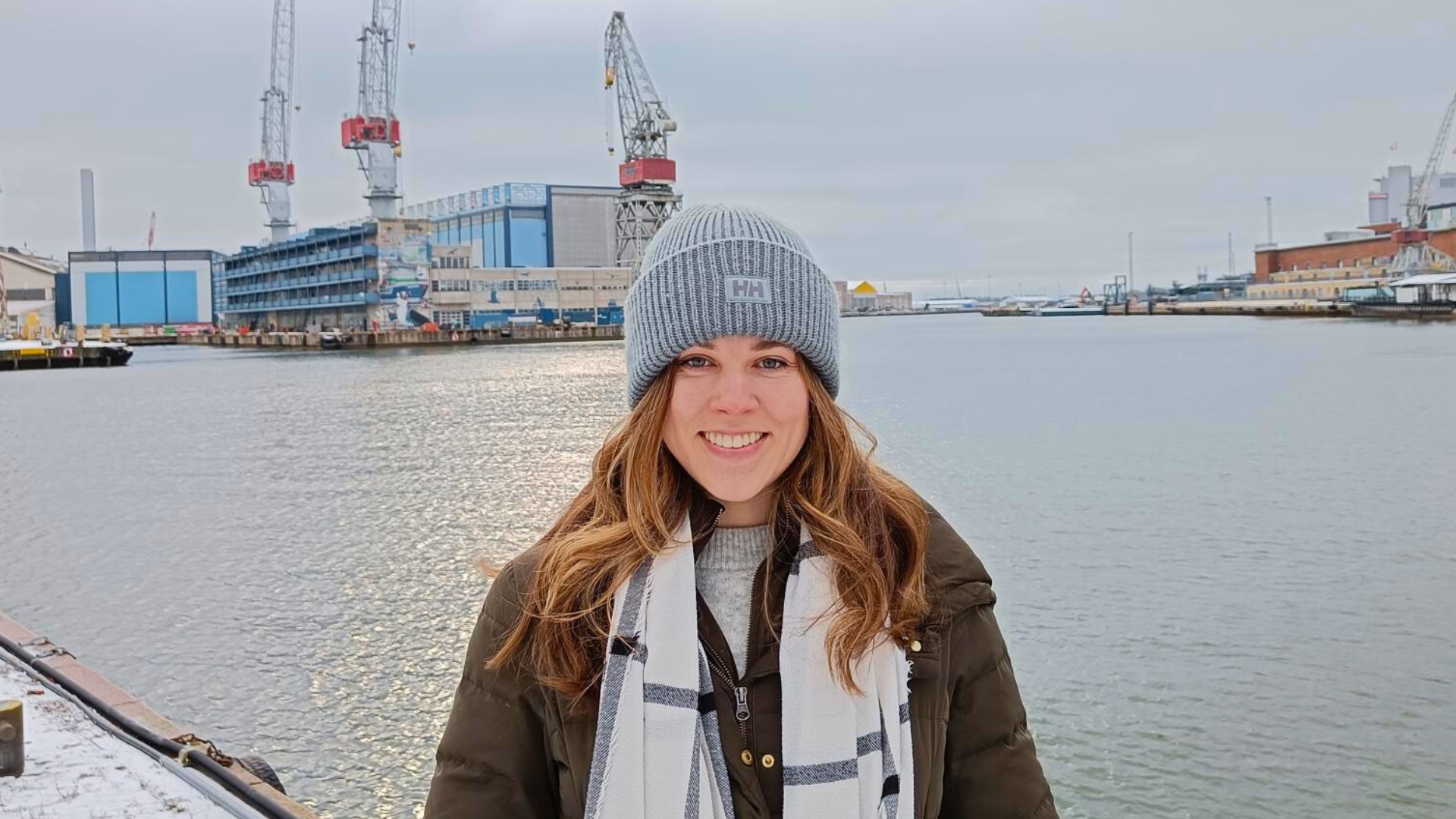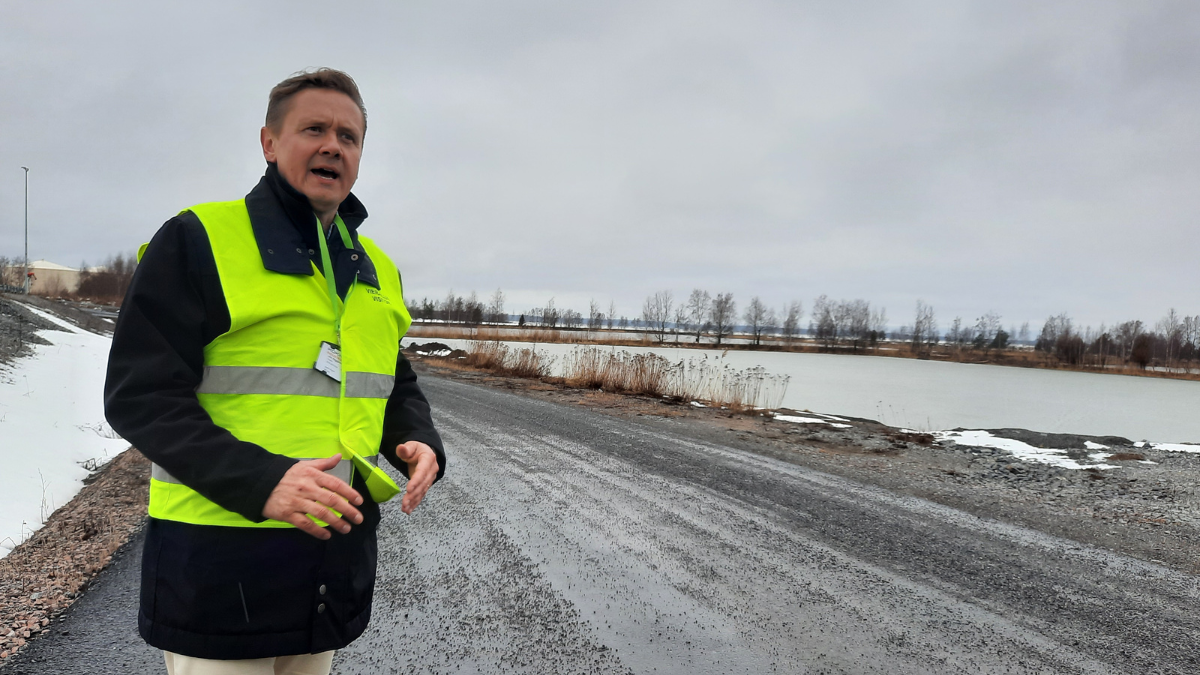Project developer Flexens Oy Ab and KIP Infra Oy, part of Kokkola city council, have signed a letter of intent regarding a land lease agreement for a facility with a hydrogen production capacity of approximately 300 megawatts in the Kokkola Industrial Park area. Such a facility would certify a strengthened energy and ammonia self-sufficiency for Finland. Production of mainly green hydrogen and ammonia is meant to start running at the end of 2027. The Finnish Minister of Economic Affairs, Mika Lintilä, considers this good news for both Central Ostrobothnia and the development of the Finnish hydrogen economy.
As the country’s largest hydrogen project to date, the facility in Kokkola would mark a concrete step forward for the Finnish hydrogen industry. The facility would also be partially responsible for Europe’s energy needs and ensure self-sufficient fertiliser production.
The market outlook for green hydrogen and ammonia is excellent. BotH2nia, 'the Hydrogen Bay of the North', being established around the Gulf and Bay of Bothnia, is predicted to be able to meet a significant part of all of Europe's energy needs in the form of hydrogen. Furthermore, the Kokkola plant's 300 megawatts would fulfil a third of the domestic capacity target of 1,000 megawatts as stated in Finland's climate and energy strategy.
Berndt Schalin, CEO, Flexens Oy Ab
These are very happy news for Central Ostrobothnia and the development of the Finnish hydrogen economy. Thanks to the city's deep-water port and industrial centre, Kokkola is a very attractive investment destination. Interest in producing green hydrogen and ammonia has increased enormously in recent years. Implementing this project would improve energy self-sufficiency and strengthen domestic fertiliser production for agriculture.
Minister of Economic Affairs Mika Lintilä
Hydrogen production is crucial for the renewable energy transition.
KOKKOLA’S INDUSTRIAL PARK OFFERS AN EXCELLENT ENVIRONMENT FOR HYDROGEN PRODUCTION
The new hydrogen plant is being built in the Kokkola Industrial Park. Kokkola was chosen because of the city’s suitable industrial area.
“Hydrogen gas is already produced in Kokkola, which guarantees an established safe operating environment. In addition, there is a port in the area. Along the west coast, a type of ‘hydrogen hub’ is also being formed, as there is already the wind power and green electricity required for hydrogen production,” says Schalin.
For Kokkola, the hydrogen facility would also create several new jobs.
We are happy about Flexens' project. We have purposefully constructed the area of Kokkola Industrial Park, KIP, and its industrial infrastructure, and Flexens' decision is an indication of a well-functioning ecosystem. We want to take part in building the Finnish hydrogen economy, and this project is a significant part of that. The project also improves the competitiveness of the existing industry. Future, new jobs will also strengthen our city's growth.
Jonne Sandberg, Chairperson of the Board, KIP Infra Oy
In addition, Kokkolan Energia Oy is negotiating using waste heat from the hydrogen plant in its district heating production.
The project implementation would strengthen the energy networks in Kokkola's large industrial area, such as the electricity and heating networks. This enables a significant waste heat recovery and brings us both employment opportunities and turnover. The project also supports the goals of our low-carbon strategy by, for example, reducing district heating and logistics emissions and enabling hydrogen and hydrogen-based fuels in the area. Within the project, we are at least negotiating the construction of energy infrastructure and the possibilities of, among other things, recycling waste heat. We are open to various business models and new ideas
Mikko Rintamäki, CEO, Kokkolan Energia Oy
THE HYDROGEN TRANSMISSION INFRASTRUCTURE PROJECT NORDIC HYDROGEN ROUTE BOTHNIAN BAY SUPPORTS THE DEVELOPMENT OF THE AREA’S HYDROGEN ECONOMY
One of the essential partners in the Kokkola hydrogen plant project is Gasgrid Finland, developing infrastructure for hydrogen transmission within the Nordic Hydrogen Route Bothnian Bay project, together with the Swedish company Nordion Energi. The Nordic Hydrogen Route Bothnian Bay project aims to set up a 1,000-kilometer hydrogen transmission network around the Bothnian Bay and Bothnian Gulf, and an open hydrogen market by 2030.
The hydrogen production facility and the Nordic Hydrogen Route Bothnian Bay are important to each other and the green industrialisation of the region, as they can contribute to the development of the hydrogen economy both in the Kokkola region and elsewhere. The hydrogen produced in the Kokkola plant can be transported and stored in the hydrogen transmission network developed in the area, to which several producers and consumers can connect. In this way, the conditions are created for hydrogen trading and the development of a hydrogen infrastructure and market.
Kokkola's hydrogen production facility project is a concrete step towards realising the region's hydrogen economy and developing a comprehensive infrastructure and market for hydrogen transmission. Such pioneer projects also contribute to the continued development of infrastructure for hydrogen transmission.
Olli Sipilä, CEO, Gasgrid Finland
Gasgrid and Flexens intend, together with other actors in the area, to study the development needs for local, and thus also regional and national, hydrogen infrastructure.
“We invite actors in the area to participate in Flexens’ and Gasgrid’s joint study and to actively participate in the development of the local hydrogen economy”, Schalin comments.
MORE INFORMATION
Berndt Schalin, Flexens Oy Ab, berndt.schalin@flexens.com, +358 (0) 408 429 469
Olli Sipilä, Gasgrid Finland Oy, olli.sipila@gasgrid.fi
Jonne Sandberg, KIP Infra Oy, jonne.sandberg@kokkola.fi
Mikko Rintamäki, Kokkolan Energia Oy, mikko.rintamaki@kokkolanenergia.fi
READ MORE
On Gasgrids webpages: https://gasgrid.fi/en/category/all-news/
PARTNERS

Flexens Oy Ab is a project developer and investor implementing critical technologies needed to enable societies to run 100 % renewable energy sources. Flexens was founded in 2018 to capitalise on the skills and capabilities created in building the world-leading RES testbed and demo platform, Smart Energy Åland, capturing the rapidly growing demand for renewable energy systems.


Picture by KIP Infra Oy.

